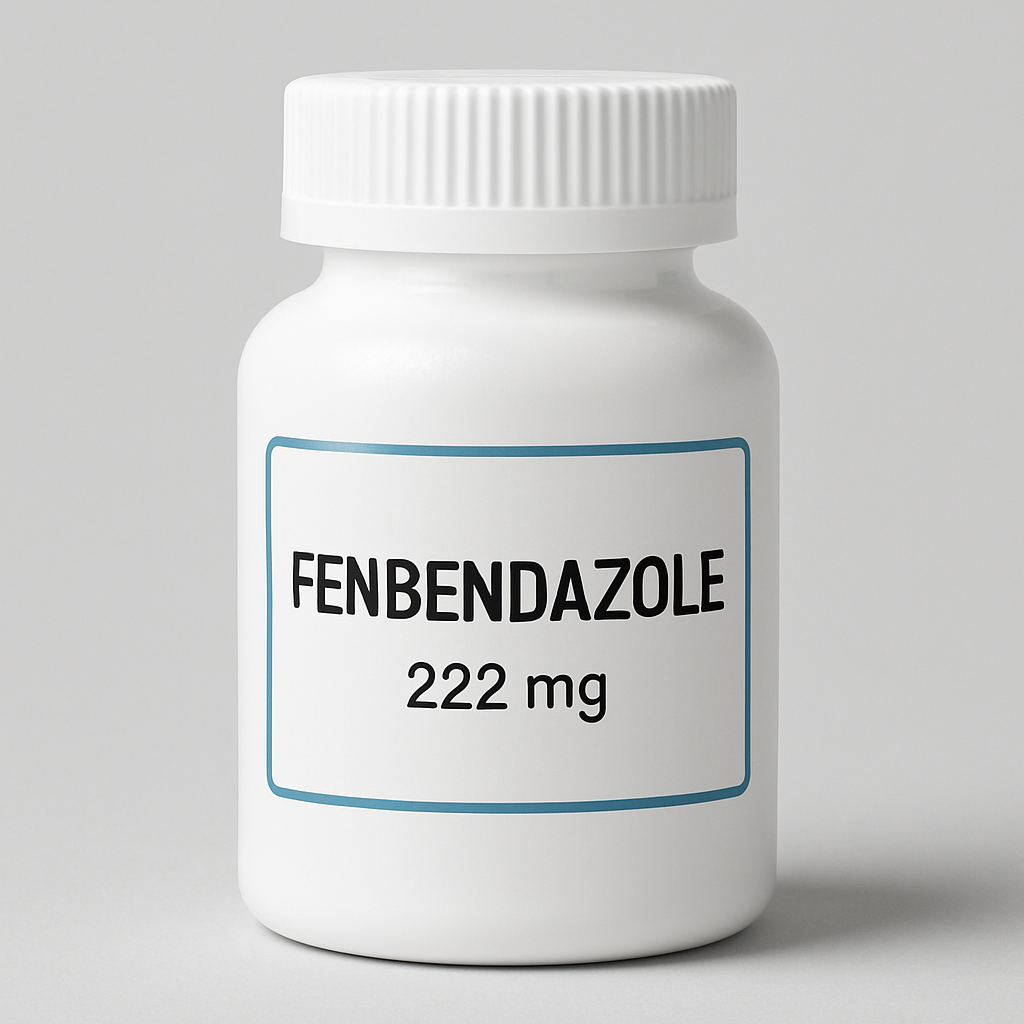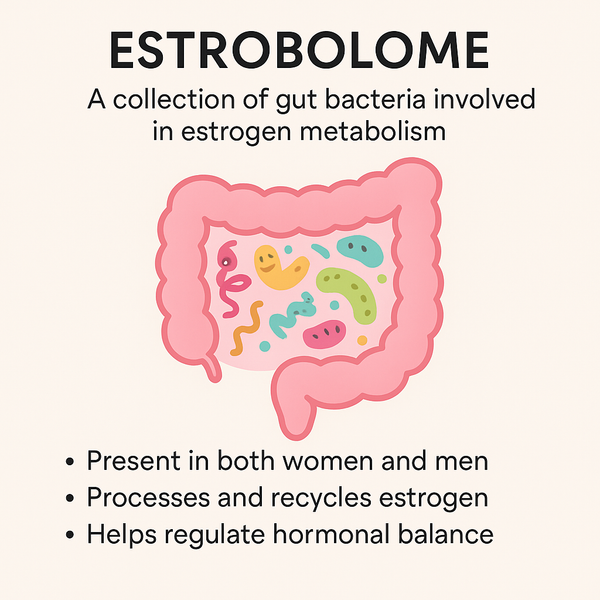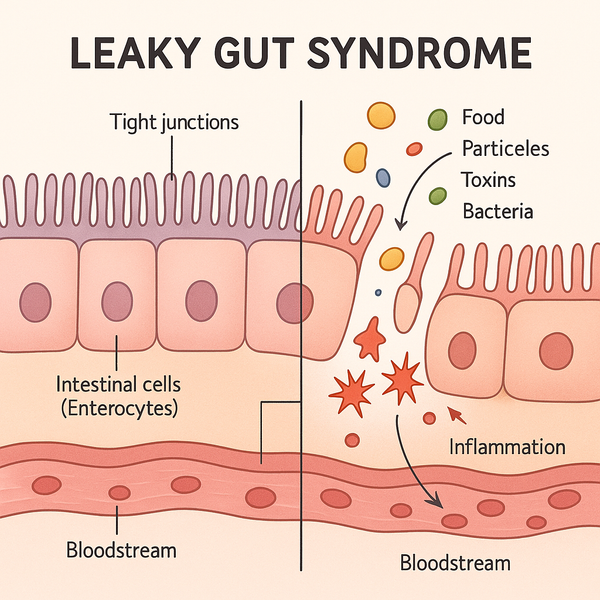The Cancer-Fighting Dewormer? Why People Are Talking About Fenbendazole

Let’s talk about something weird... and kind of amazing.
Imagine walking down the aisle, grabbing a dewormer for your pet—and discovering that it’s being used by real people to fight cancer. Sounds crazy, right?
Well, that dewormer is called Fenbendazole, and it’s stirring up a lot of conversation in holistic health circles (and triggering a whole lot of “why didn’t I hear about this sooner?” reactions).
So What Is Fenbendazole?
It’s an anti-parasitic medication that’s been used for decades in veterinary medicine. Safe, well-tolerated, boring... until someone noticed it seemed to do more than just clear out worms.
People started talking. Then some bold cancer patients started using it. And a few small studies? Well, they hinted at something a whole lot bigger than parasite control.
Spoiler alert: we're not just made up of cells and tissues—we're hosts to a whole terrain. Parasites, toxins, and metabolic dysfunction all create the perfect storm… and this little drug might just be hitting a deeper root cause than anyone expected.
Is There Research?
Yes—and it’s fascinating.
Scientists have been exploring how Fenbendazole might interfere with cancer cell growth, glucose metabolism, and even trigger apoptosis (that’s science-speak for cell death—the good kind, where cancer cells call it quits).
It all started in the veterinary world, where Fenbendazole had been used for decades to treat parasites in animals. Over time, veterinarians began noticing an unexpected pattern: some animals with cancer showed improvement or remission after being treated with this antiparasitic. The connection sparked curiosity—but little formal investigation.
Then came Joe Tippens—a man diagnosed in 2016 with terminal small-cell lung cancer that had spread throughout his body. With a prognosis of just three months to live, and conventional treatments exhausted, Joe stumbled across a veterinary research study at Oklahoma State University that mentioned Fenbendazole’s anticancer potential in mice. With nothing to lose, he decided to try it himself.
To the shock of his doctors—and the inspiration of thousands—Joe went into complete remission. He attributes his recovery in part to his self-directed protocol, which included Fenbendazole, CBD oil, curcumin, and vitamin E.
Today, Joe is alive, well, and still publicly sharing his story through his website and interviews, inspiring a global wave of curiosity about this once-overlooked compound.
Tippens' case has contributed to growing interest in fenbendazole's potential anticancer effects. Currently, fenbendazole is not FDA-approved for cancer treatment, and no clinical trials have tested its efficacy in humans. However, preclinical studies have demonstrated its ability to disrupt microtubule function, inhibit glucose uptake in cancer cells, and induce apoptosis. These findings suggest that further research is warranted to explore fenbendazole's potential as a cancer therapy.IIAR Journals
Should You Try It?
Let me be clear:
I’m not a doctor writing prescriptions on a blog. I’m someone who got tired of the system, started digging, and decided to share what I found. Fenbendazole is being used off-label by some people with great success—but that doesn’t mean it’s right for everyone.
Always talk to your provider, especially if you’re already in treatment or on medications. And don’t start throwing pet meds into your smoothie. (Yes, someone’s probably tried it.)
If you're looking for a trusted source of Fenbendazole, this is one that many people have used with confidence, and you get a discount. It’s consistent, easy to dose, and widely recommended in off-label protocols.
Want the Full Breakdown?
This is just scratching the surface. Inside Tier 2: The Prevention Files, I break down:
- What the studies actually say
- How people are using it (including dosage, cycling, and stacking)
- How it fits into a larger cancer prevention or healing plan
- And what to consider if you’re even thinking about trying it
🧬 If you're ready to go deeper, smarter, and more strategic—join The Prevention Files for just $50/year.
Because sometimes the answers aren’t new… they’re just buried under layers of dust, doubt, and a whole lot of dog hair.
In health,
Jamie Shahan MSN, CRNA, RN
Empowering Holistic Health
🌐 Connect with me on Social Media:
⚠️ Disclaimer
The information on this website is for educational purposes only and is not intended to diagnose, treat, cure, or prevent any disease. The content reflects the personal research, experiences, and opinions of Jamie Shahan and should not be considered medical advice. Always consult with your healthcare provider before making any decisions about your health, especially if you are pregnant, nursing, have a medical condition, or are taking medications.
Some links on this site may be affiliate links, which means I may earn a small commission if you choose to make a purchase—at no additional cost to you. I only recommend products I use myself or would confidently recommend to someone I love.



